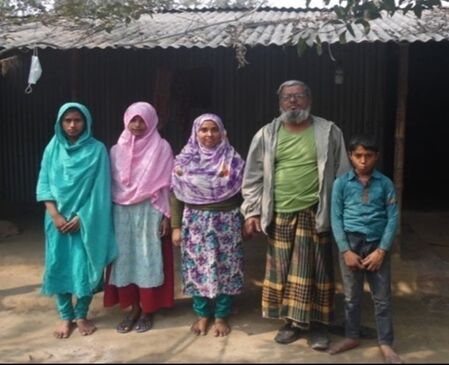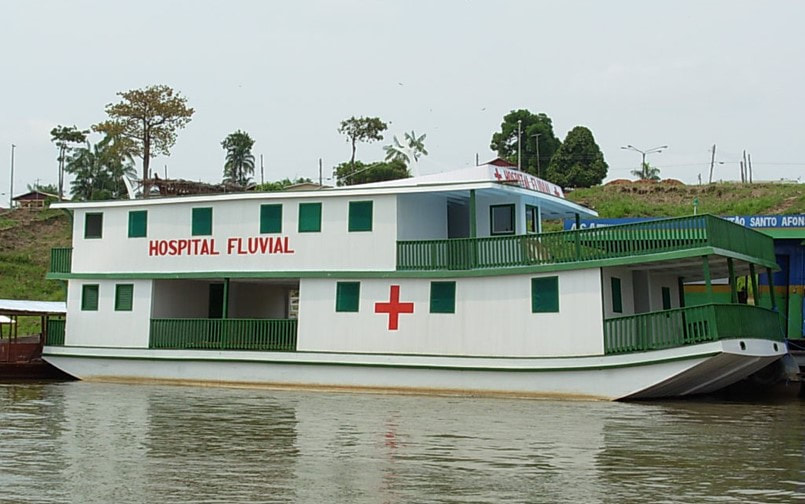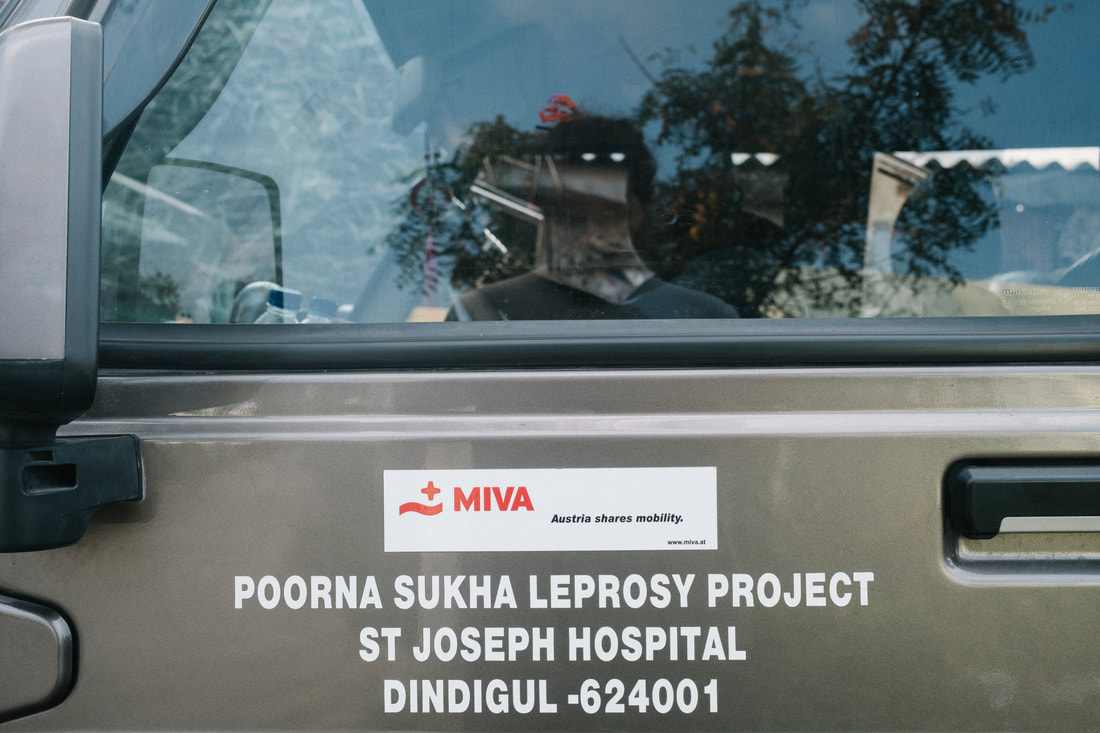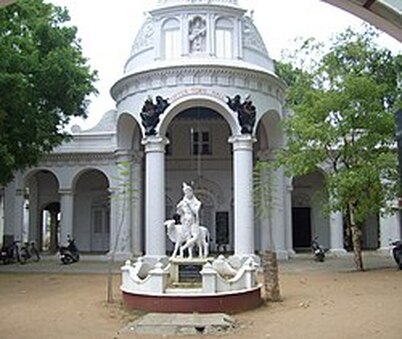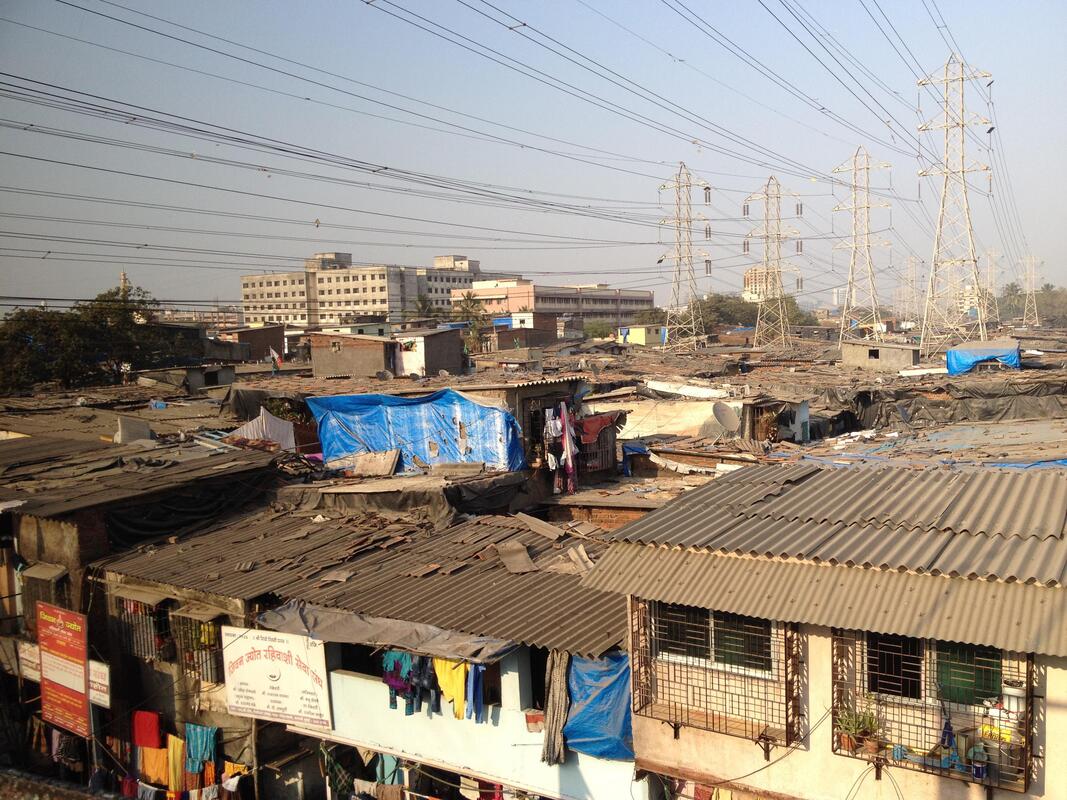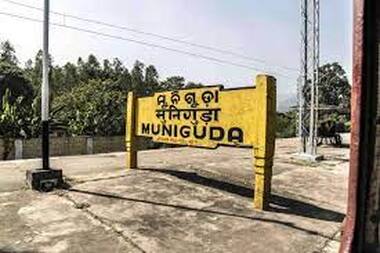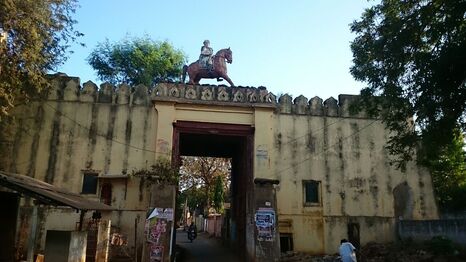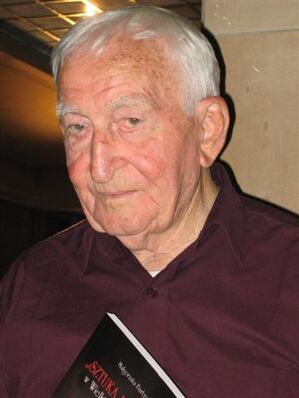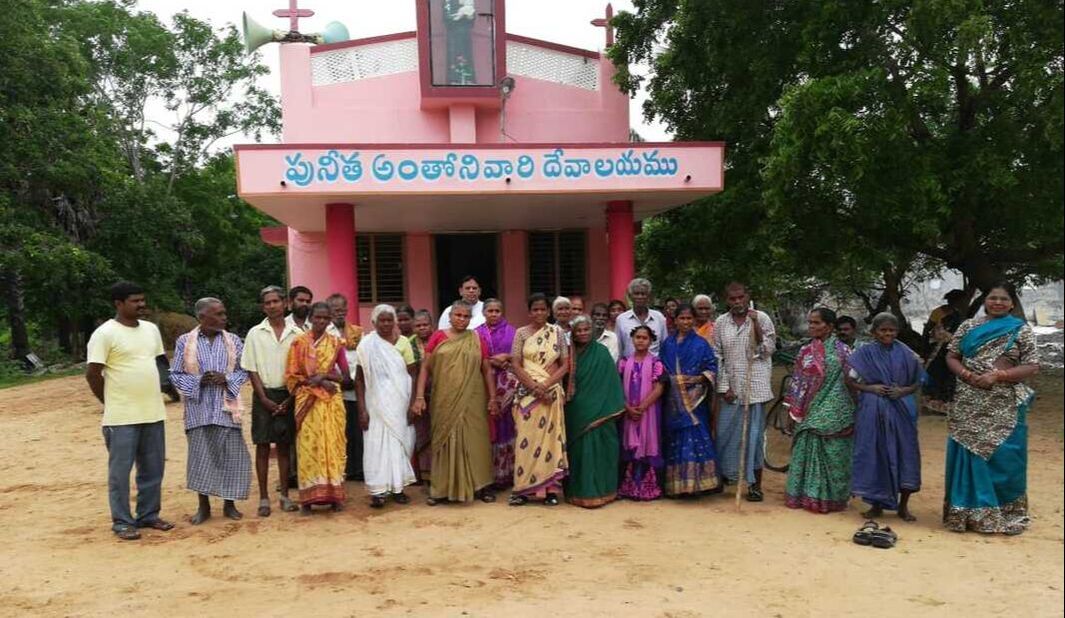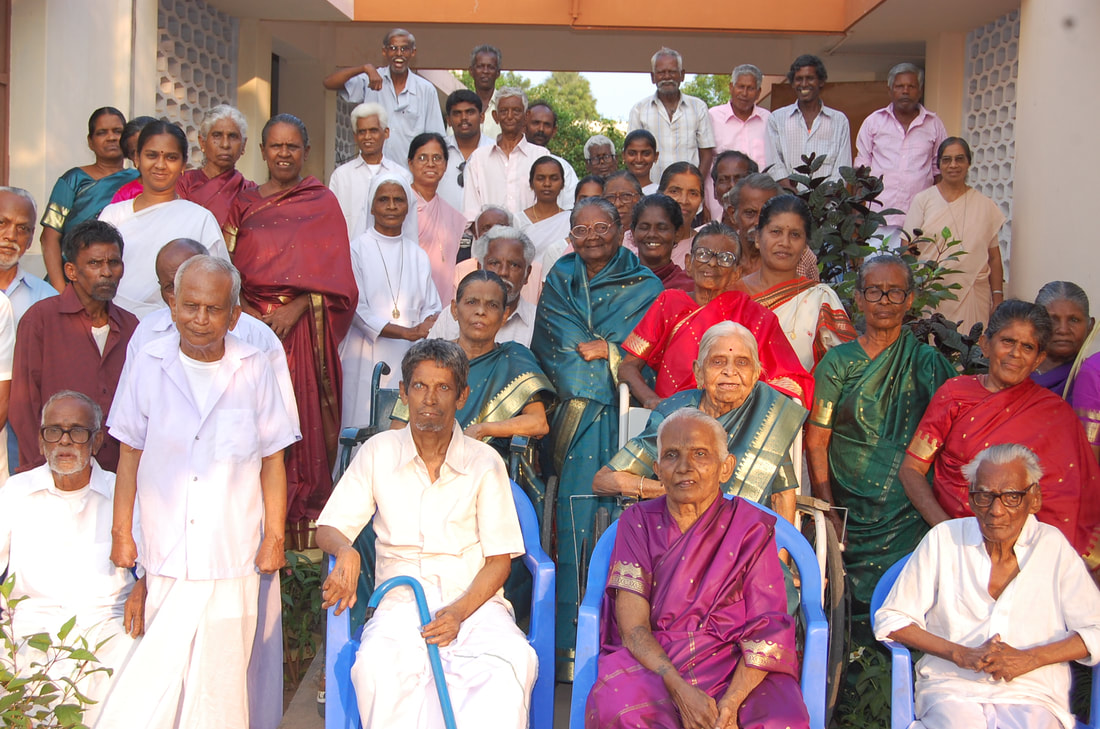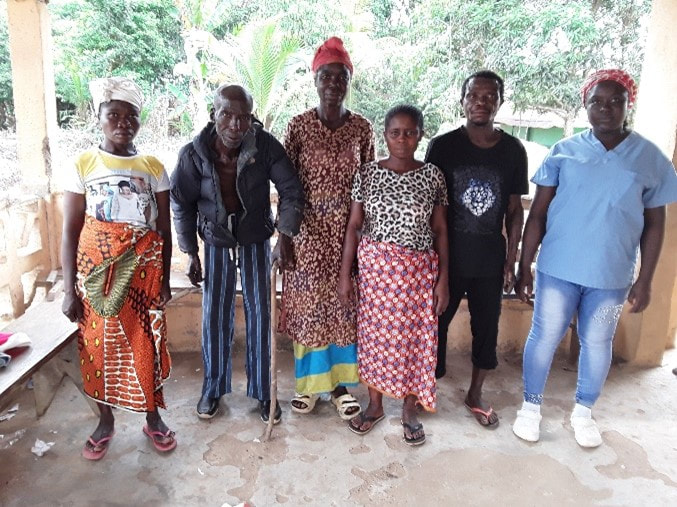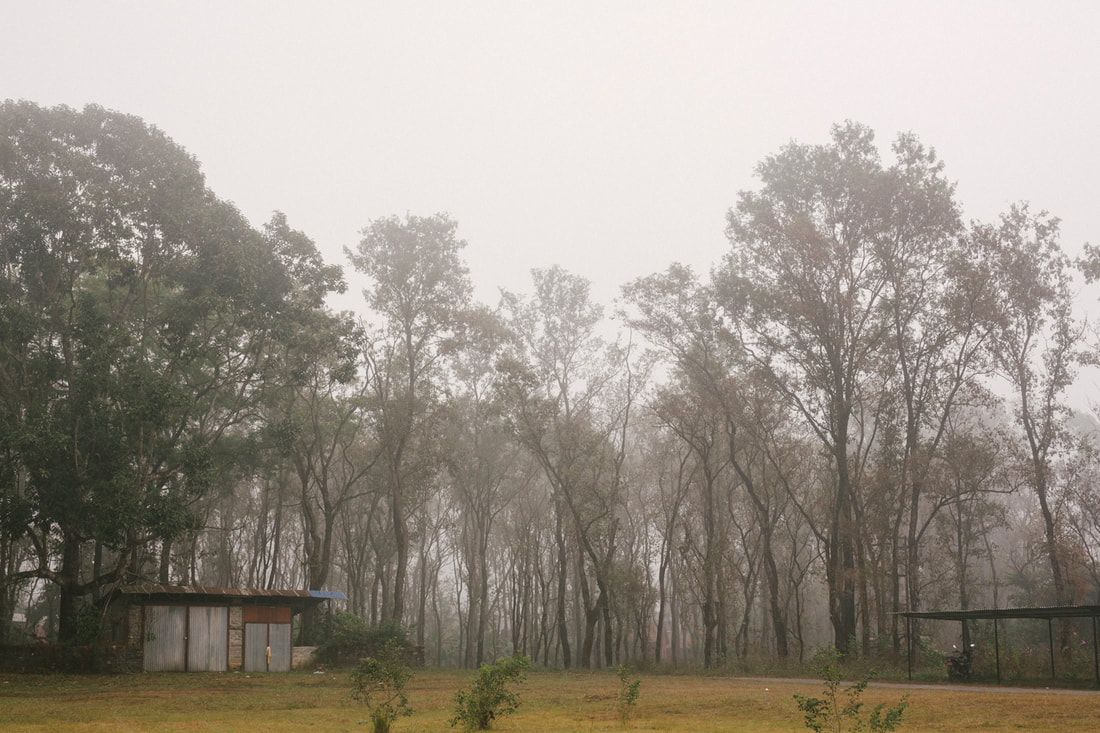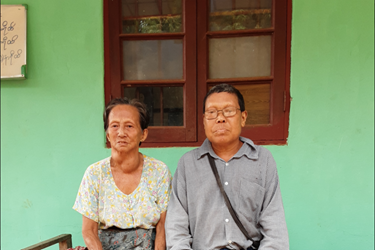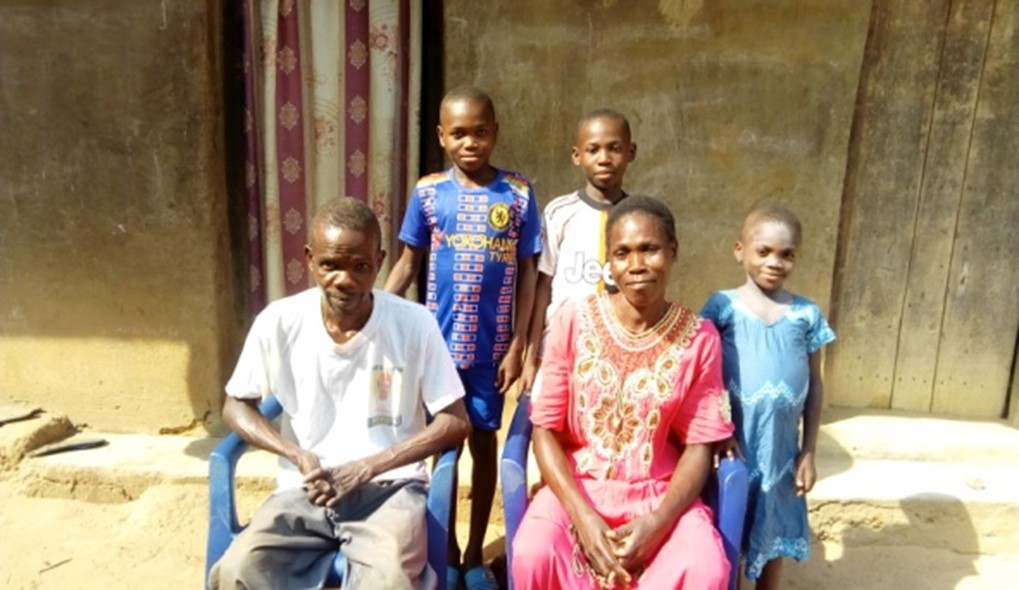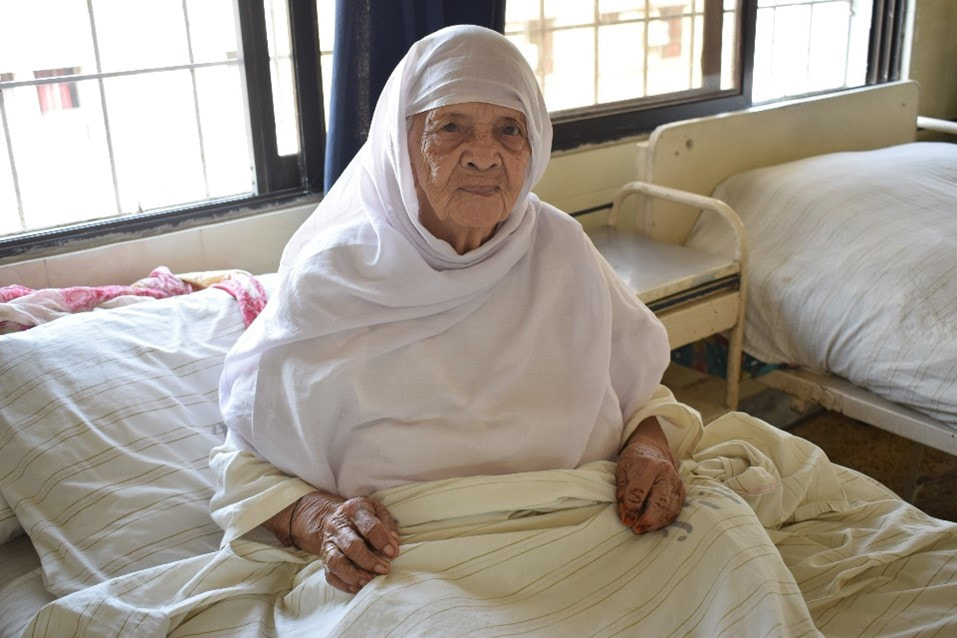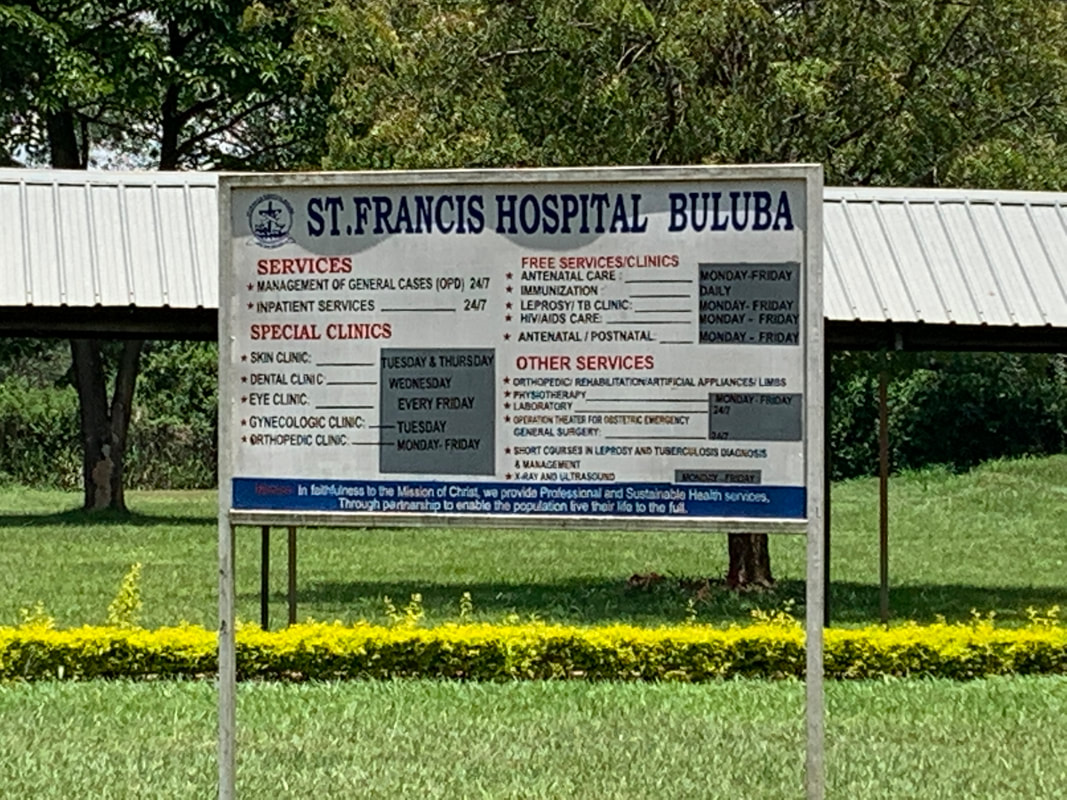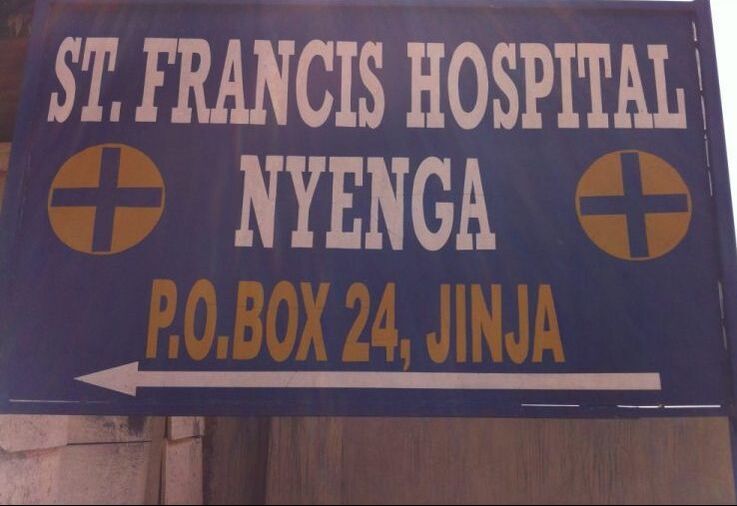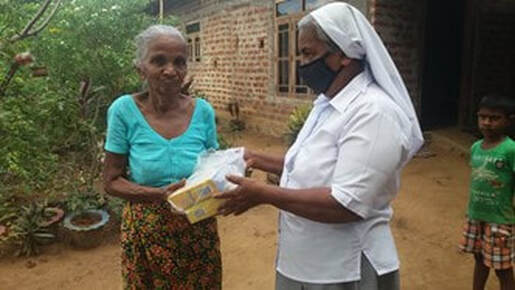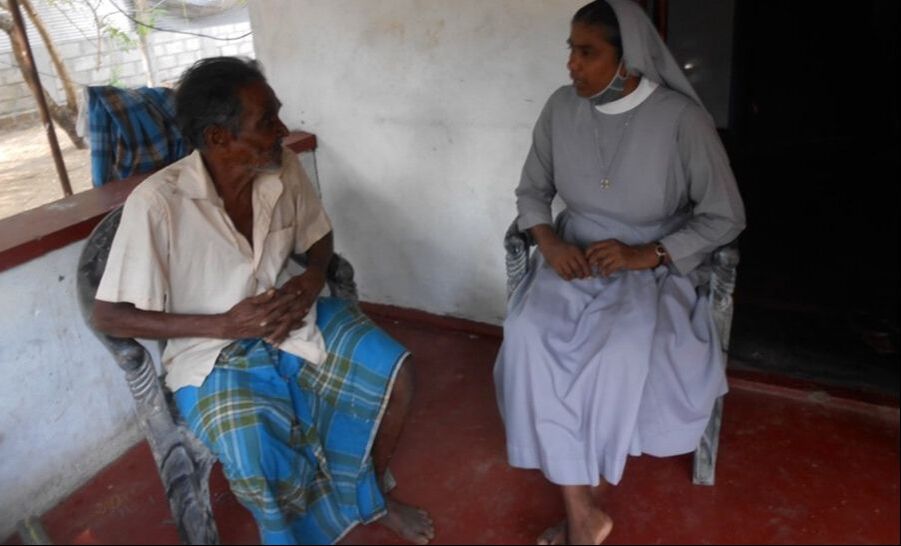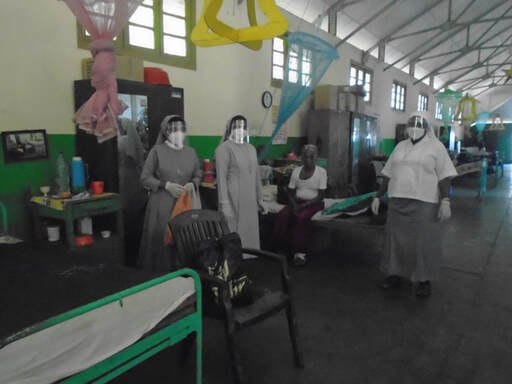We support the work of over 40 leprosy centres, clinics, hospitals, care homes and leprosy-related projects in 14 countries worldwide.
The case studies from the leprosy centres below, tell the stories of the people who've been diagnosed and cured of leprosy and whose lives have been transformed as a result. The treatment and care of people with leprosy is made possible only thanks to the generosity of donors. It means SFLG and its partners can continue with this vital work.
The case studies from the leprosy centres below, tell the stories of the people who've been diagnosed and cured of leprosy and whose lives have been transformed as a result. The treatment and care of people with leprosy is made possible only thanks to the generosity of donors. It means SFLG and its partners can continue with this vital work.
|
Dhanjuri Leprosy Centre, known as DLC, operates in the Dinajpur district in northern Bangladesh. DLC identifies and treats leprosy in 13 clinics across the region, provides treatment for local villages and carries out a range of outreach work to detect new cases of leprosy. St Francis Leprosy Guild is a longstanding partner.
|
Many people with leprosy live in rural areas where access to medical facilities is scarce. The Ipiranga Committee Association, led by Doctor Antonia Lopez Gonzalez operates in the River Purus area of the Amazon. Through SFLG's support, Dr Tony's team reaches people that otherwise could not be found, by navigating along the Purus River in a hospital boat. Dr Tony's team is fighting leprosy, diagnosing hundreds of cases each year.
|
The Sacred Heart Leprosy Centre (SHLC), Kumbakonam, is an NGO established in 1916 that has been treating and rehabilitating leprosy sufferers for over 100 years. Among its many achievements, the centre was the first institution to introduce Multidrug Therapy for leprosy, in 1982. SFLG has supported the SHLC for over 30 years.
|
|
The Bombay Leprosy Project (BLP) is an NGO, founded in 1976. BLP's work is entirely community- based and its goal is to improve the quality of life of people with leprosy. By treating people in the community rather than as hospital in-patients, people with leprosy can remain in their homes with their family, and avoid the social stigma associated with going away for treatment.
BLP receives hundreds of referrals from other centres and medical practitioners every year. SFLG has been working with BLP since 2016. |
|
New Hope was established in 1985, when three local women were trained as village health workers. Since then, the trust has gone from strength to strength and now there are no new cases of leprosy in the surrounding 55 villages. Monitoring patients’ medication continues.
Over the last five years, with support from SFLG, New Hope has provided corrective eye surgery for 89% of people with cataracts from 27 leprosy communities. The trust has reduced foot ulcers due to leprosy and established a self-help group. In addition, community outreach workers visit neighbouring villages to distribute essential food items to people with leprosy and their families.. |
|
The St Catald Hospital opened in 1986 in Nuzvid, Andhra Pradesh. The centre within it was established in 1998, to provide treatment and care for those affected by leprosy. The centre also carries out awareness campaigns in local villages, holds mobile clinics and provides self-care advice for leprosy patients.
Other centres often refer leprosy patients to St Catald, due to its reputation for a high standard of treatment and care. Its emphasis on preventing deformities means that their patients can avoid the social stigma that can often accompany leprosy; and it provides counselling to help patients cope with the emotional effects of their illness. |
|
Karunalaya Leprosy Care Centre was founded in 1975 by Father Marian Zelazek. He wanted to eradicate leprosy as well as provide care, treatment and rehabilitation to those with the disease.
Initially, he dressed the wounds and ulcers of people with leprosy. Then he provided sanctuary and care for people abandoned as a result of leprosy. The centre was born out of his mission to provide a home for people with leprosy. Father Marian passed away in 2016, aged 88, but his legacy lives on as staff at the centre continue to treat and support leprosy patients. SFLG has funded Karunalaya for many years. |
St. Anthony's mission is to restore human dignity and take care of people affected by leprosy and their dependents, who are abandoned by their families and society because of leprosy.
|
St Joseph’s Leprosy Hospital began as a single hut in 1949. During the past 70 years, it has treated over 20,000 patients.
Today there are 47 residents living at the hospital who caught leprosy when they were children. The sisters and staff at St Joseph’s have cared for these residents throughout their whole lives. SFLG is proud to have supported St Joseph's work since its foundation. |
|
Massatine Leprosy Centre, Liberia
Liberia’s people have suffered two brutal civil wars in recent history, and many live in abject poverty. The Massatine Leprosy Centre was set up by The Society of African Missions, to care for people disabled by leprosy. The centre also carries out Active Case-Finding; proactively finding and treating people with leprosy, who are not currently diagnosed or aware that they have the disease. ACF prevents the spread of leprosy and disabilities from developing in those who have not been diagnosed. SFLG has been working with the Massatine Centre since 2008. |
Green Pastures Hospital and Rehabilitation Centre, Pokhara, Nepal
Although leprosy was declared eliminated in Nepal in 2010, several thousand new cases of leprosy are diagnosed every year. Since the country now lacks trained health workers to recognise the early signs of leprosy, many cases go undiagnosed. The delay in diagnosis, as well as continued social stigma, means many people don't receive timely treatment or the support that they need.
Green Pastures Hospital (GPH) is helping to bridge this gap. It opened in 1957, in Pokhara, Gandaki Pradesh, and now serves around 11,000 patients a year.
Although leprosy was declared eliminated in Nepal in 2010, several thousand new cases of leprosy are diagnosed every year. Since the country now lacks trained health workers to recognise the early signs of leprosy, many cases go undiagnosed. The delay in diagnosis, as well as continued social stigma, means many people don't receive timely treatment or the support that they need.
Green Pastures Hospital (GPH) is helping to bridge this gap. It opened in 1957, in Pokhara, Gandaki Pradesh, and now serves around 11,000 patients a year.
|
St. Theresa’s Leprosy Community, Thayet Myo, Myanmar
People who are diagnosed with leprosy when they are young, risk having their futures stripped away from them. But the SFLG-supported St Theresa’s Leprosy Community, Thayet Myo, is there when there is nowhere else to go. |
|
St. Patrick's Hospital, Mile Four, Abakaliki, Nigeria
St Patrick’s Hospital at Mile Four, Abakaliki plays a vital role in supporting people with leprosy, who would otherwise be stigmatised and abandoned by the people they love. |
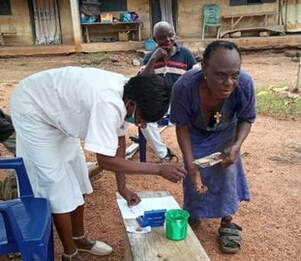 Pauline, a patient who lives at the Marian Camp, Eleme Ebubu, Nigeria
Pauline, a patient who lives at the Marian Camp, Eleme Ebubu, Nigeria
TBL Centre, Ogoja and Marian Camp, Eleme Ebubu, Nigeria
Part of SFLG's work is to dispel common misconceptions about leprosy. St Benedict's Tuberculosis and Leprosy Rehabilitation Hospital (TBL) cares for people with leprosy when they have nowhere else to go and have often been abandoned by those that they love.
Part of SFLG's work is to dispel common misconceptions about leprosy. St Benedict's Tuberculosis and Leprosy Rehabilitation Hospital (TBL) cares for people with leprosy when they have nowhere else to go and have often been abandoned by those that they love.
|
Marie Adelaide Leprosy Centre Karachi, Pakistan
When people are diagnosed with leprosy, there is a risk that they will lose their homes and income and become destitute. The Marie Adelaide Leprosy Centre in Karachi, is there to step in, providing urgent and ongoing medical care, as well as financial and emotional back-up. SFLG has supported the centre for the last fifteen years. |
St Francis Hospital, Buluba, Uganda
Despite the extreme mental and physical stress that leprosy puts on patients, St Francis Hospital in Buluba offers hope. These stories demonstrate the huge part that SFLG plays in transforming the lives of people in Uganda with leprosy. Leprosy is no longer an incurable condition and, with ongoing treatment and support, those who develop the disease are free to live their lives and pursue their dreams.
Despite the extreme mental and physical stress that leprosy puts on patients, St Francis Hospital in Buluba offers hope. These stories demonstrate the huge part that SFLG plays in transforming the lives of people in Uganda with leprosy. Leprosy is no longer an incurable condition and, with ongoing treatment and support, those who develop the disease are free to live their lives and pursue their dreams.
St Francis Leprosy Hospital, Nyenga, Uganda
St Francis Hospital, Nyenga was founded in 1932 as a leprosy treatment hospital. Often referred to as Nyenga Hospital, it has since expanded to allow other types of patients. The people we spoke in the case studies contracted leprosy as children, and have needed support throughout their entire lives. Since 1988, SFLG has supported Nyenga Hospital so that it can provide all the patients' needs.
St Francis Hospital, Nyenga was founded in 1932 as a leprosy treatment hospital. Often referred to as Nyenga Hospital, it has since expanded to allow other types of patients. The people we spoke in the case studies contracted leprosy as children, and have needed support throughout their entire lives. Since 1988, SFLG has supported Nyenga Hospital so that it can provide all the patients' needs.
Badulla Leprosy Centre, Badulla, Sri Lanka
Badulla Leprosy Centre has existed since 2013 but the Franciscan Missionaries of Mary, who are based there, have been caring for people with leprosy for far longer. The FMM sisters play a major role in treating and supporting leprosy patients at the hospital and further afield which SFLG has been supporting since 2015.
The Society for the Upliftment and Rehabilitation Of Leprosy Affected persons (SUROL) was established in 1971. Their remit is to reach out to those affected by leprosy and help them rebuild their lives. SUROL works alongside the FMM sisters.
Badulla Leprosy Centre has existed since 2013 but the Franciscan Missionaries of Mary, who are based there, have been caring for people with leprosy for far longer. The FMM sisters play a major role in treating and supporting leprosy patients at the hospital and further afield which SFLG has been supporting since 2015.
The Society for the Upliftment and Rehabilitation Of Leprosy Affected persons (SUROL) was established in 1971. Their remit is to reach out to those affected by leprosy and help them rebuild their lives. SUROL works alongside the FMM sisters.
Manthivu Leprosy Centre, Batticaloa, Sri Lanka
The Manthivu Leprosy Centre was established in 1921 and is supported by SFLG. The doctors and sisters there treat and support people with leprosy. The centre was taken over by the government in 1960, but the sisters still carry out vital outreach work supporting leprosy sufferers and their families in a variety of ways. Their selfless work ensures that those with leprosy are not abandoned when they have nowhere else to turn.
Hear more about why we support Manthivu
The Manthivu Leprosy Centre was established in 1921 and is supported by SFLG. The doctors and sisters there treat and support people with leprosy. The centre was taken over by the government in 1960, but the sisters still carry out vital outreach work supporting leprosy sufferers and their families in a variety of ways. Their selfless work ensures that those with leprosy are not abandoned when they have nowhere else to turn.
Hear more about why we support Manthivu
Hendala Leprosy Hospital, Wattala, Sri Lanka
Hendala was built in 1708, and at one time, it housed 900 patients. It is one of the oldest leprosy hospitals in South Asia. Hendala was taken over by the Government in 1964 but the Missionary Sisters there have insisted on seeing patients and refuse to abandon them. The sisters hold monthly clinics for both in and outpatients, and also provide medicines and support to patients and their families in faraway villages. SFLG has been supporting Hendala for over 70 years.
Hear more about why we support Hendala
Hendala was built in 1708, and at one time, it housed 900 patients. It is one of the oldest leprosy hospitals in South Asia. Hendala was taken over by the Government in 1964 but the Missionary Sisters there have insisted on seeing patients and refuse to abandon them. The sisters hold monthly clinics for both in and outpatients, and also provide medicines and support to patients and their families in faraway villages. SFLG has been supporting Hendala for over 70 years.
Hear more about why we support Hendala
Our grateful thanks go to our generous donors and to the individuals and partners and centres that we support

